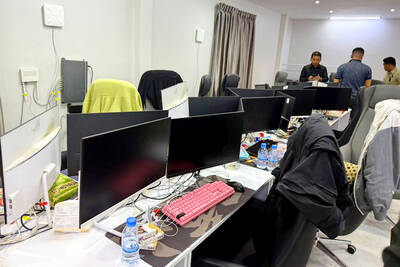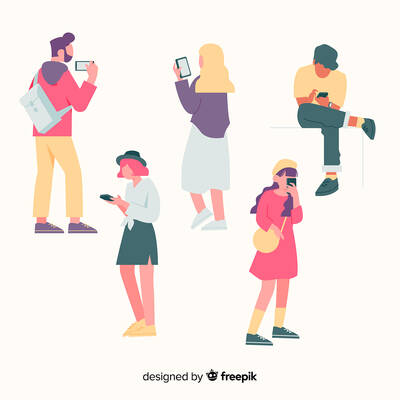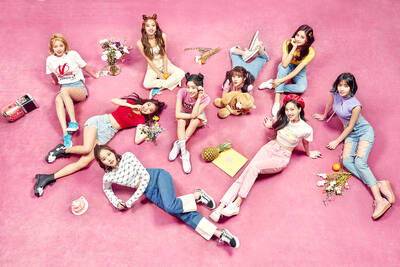對話 Dialogue
你要不要來我的生日派對?
Do you want to come to my birthday party?

馬克:小實,你下個星期三有空嗎?
Make: Xiǎoshí, nǐ xià ge xīngqísān yǒukòng ma?
小實:我還沒有計畫,你呢?
Xiǎoshí: Wǒ hái méiyǒu jìhuà, nǐ ne?
馬克:下個星期三是我的生日,你要不要來我的生日派對?
Make: Xià ge xīngqísān shì wǒ de shēngrì, nǐ yào bú yào lái wǒ de shēngrì pàiduì?
小實:好啊!下個星期三……哇!你是牡羊座的。
Xiǎoshí: Hǎo a! Xià ge xīngqísān… Wa! Nǐ shì Mǔyángzuò de.
馬克:對啊!不過我不太相信星座。
Make: Duì a! Búguò wǒ bú tài xiāngxìn xīngzuò.
小實:喔,那你要過幾歲生日?
Xiǎoshí: O, Nà nǐ yào guò jǐ suì shēngrì?
馬克:下個星期三是我三十一歲生日。
Make: Xià ge xīngqísān shì wǒ sānshíyī suì shēngrì.
小實:好,那我買蛋糕去你的生日派對。
Xiǎoshí: Hǎo, nà wǒ mǎi dàngāo qù nǐde shēngrì pàiduì.
翻譯 Translation
Mark: Xiaoshi, are you free next Wednesday?
Xiaoshi: I don’t have any plans yet. What about you?
Mark: Next Wednesday is my birthday. Do you want to come to my birthday party?
Xiaoshi: Sure! Next Wednesday... Wow! You’re an Aries.
Mark: Yes, but I don’t really believe in astrology.
Xiaoshi: Oh, so how old will you be on your birthday?
Mark: Next Wednesday I’ll be 31 years old.
Xiaoshi: Got it! Then I’ll buy a cake for your birthday party.
單字片語 Vocabulary
1. 計畫 (jìhuà) plan
2. 生日 (shēngrì) birthday
3. 派對 (pàiduì) party
4. 牡羊座 (Mǔyángzuò) Aries
5. 相信 (xiāngxìn) to believe
6. 星座 (xīngzuò) zodiac sign
7. 過 (生日) (guò [shēngrì]) to celebrate (a birthday)
8. 蛋糕 (dàngāo) cake
教材音檔 Audio Files
教材影片 Video Files:
https://www.instagram.com/celc.nou_tw/guide/_/17999106352646292/
實踐大學華語中心提供
By Shih Chien University Chinese Language Center: https://chineseusc.com/

It often starts with a text message asking if you are available on weekends, looking for a part-time job or you get a simple “hello” from an unknown number. Halfway across the world, a laborer is usually pulling in 12-16 hour days, sending non-stop messages, hoping someone will take the bait. The ultimate goal is always to take your money — victims have lost tens of billions to scams and hundreds of thousands of people are in forced labor to keep the schemes going. These workers are often housed in massive complexes scattered across Southeast Asia, where the industry has flourished. Here

Have you ever argued with your parents about politics, news or social issues? Maybe you think their opinions are outdated, while they claim you have been brainwashed by the Internet. The truth is, neither of you is wrong. You’re simply living in different “filter bubbles,” seeing entirely different versions of reality. A filter bubble forms when Web sites use algorithms to predict what content you want. Based on the videos you watch on YouTube, the TikToks you linger on or the articles you click, the system feeds you more of the same. Before you know it, you’re stuck in

A: Hit K-pop girl group Twice is going to stage a concert at the Kaohsiung National Stadium this weekend. B: And this will be Twice’s first show in Taiwan since their debut about 10 years ago. A: After conquering fans around the world, Taiwanese member Chou Tzu-yu is finally returning to her hometown. B: Member Na-yeon actually performed at the 7-Eleven Kaohsiung Beer Rock Festival in July. Jeong-yeon, Jih-yo and Chae-young also caused a global sensation by singing the megahit “Takedown” from Netflix’s animated blockbuster “KPop Demon Hunters.” A: We’re so lucky to see all nine members performing in Taiwan for the very first

A: Apart from Twice, hip-hop trio Black Eyed Peas, a folk music festa, Japanese virtual singer Hatsune Miku, and K-pop boyband NCT will all visit Taiwan. B: Black Eyed Peas once rocked Taiwan in 2006. I love their hits, such as “I Gotta Feeling,” “Boom Boom Pow” and “Where Is The Love?” A: The upcoming Taipei Dome Eastwave festa celebrating 50 years of folk music sounds like fun, too. B: The seven-hour-long concert is scheduled from 3pm to 10pm on Saturday. A: I hear over 60 artists are going to perform more than 100 unforgettable classic folk songs. A: